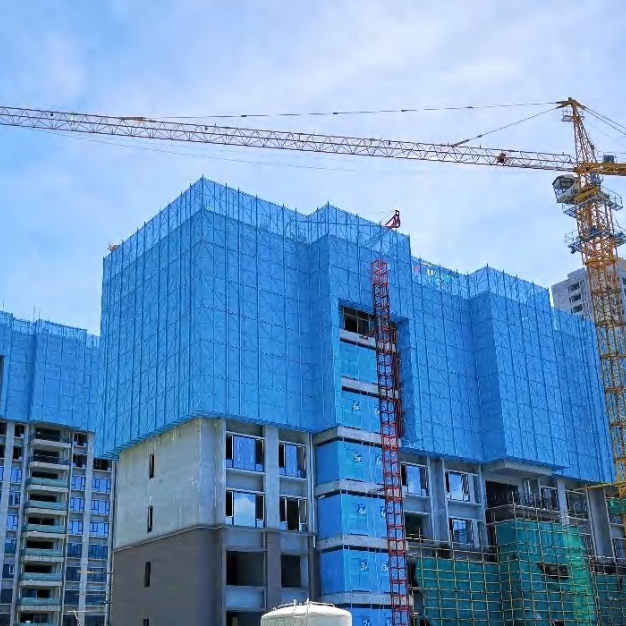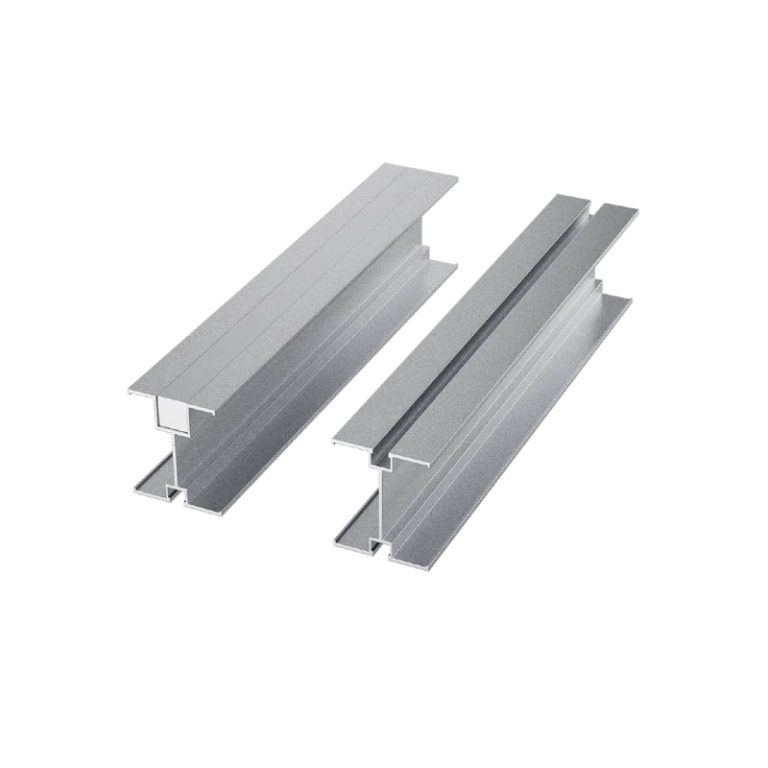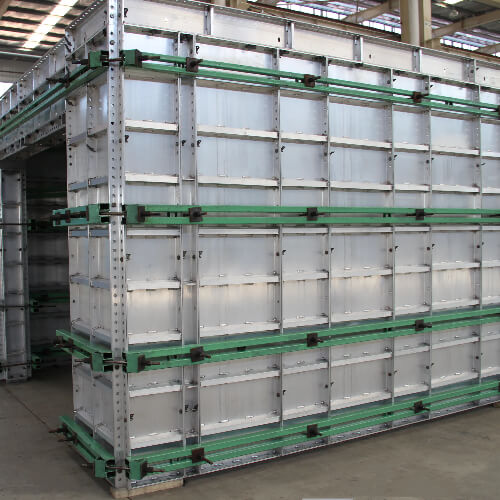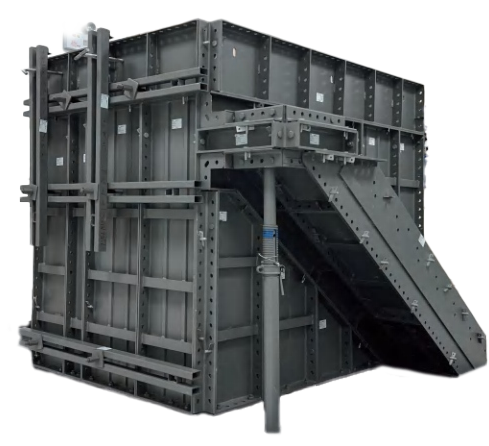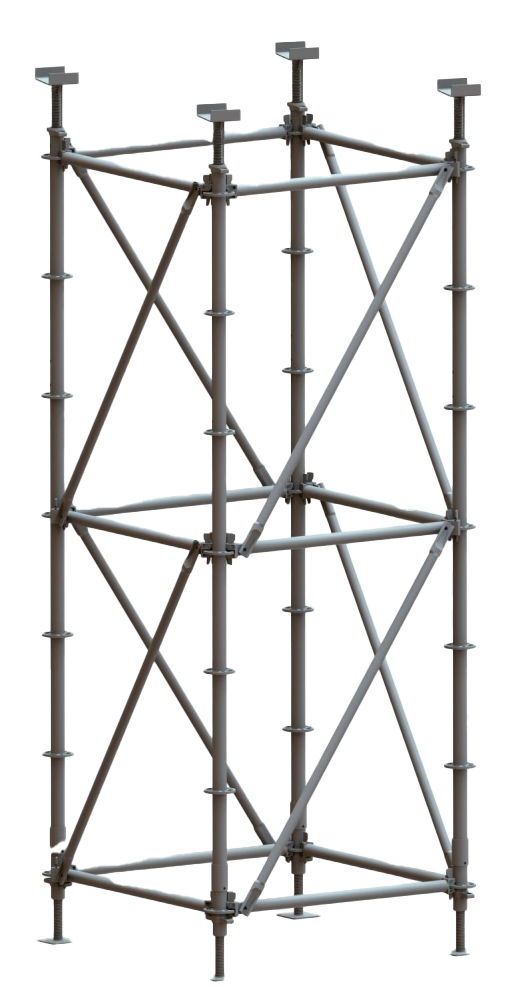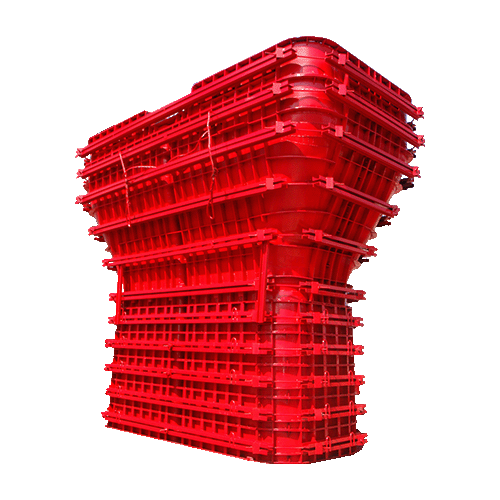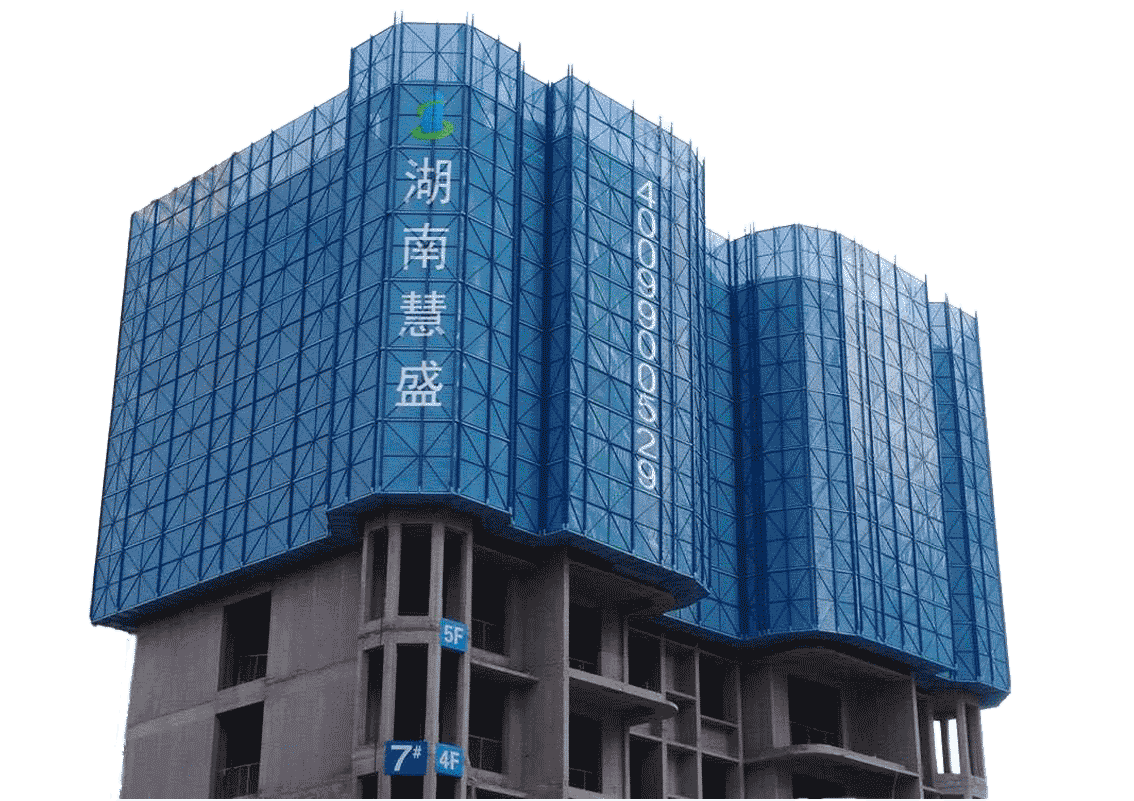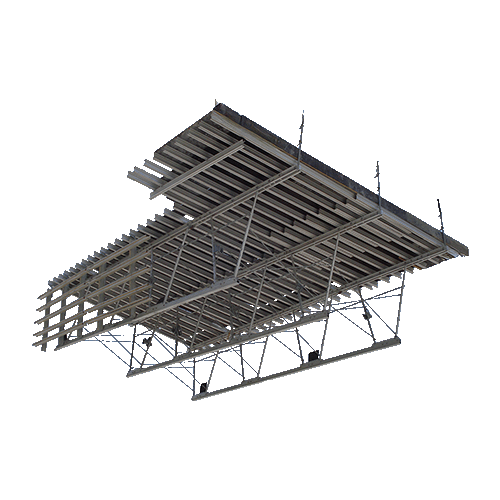1. Expertise and Qualifications
A construction supervisor is a linchpin in any building project, possessing a wealth of technical knowledge and professional qualifications. They typically hold relevant degrees in civil engineering, construction management, or related fields, combined with years of hands-on experience. This expertise allows them to understand complex blueprints, structural designs, and construction methodologies, ensuring that projects align with industry standards and regulations.
2. On-site Management
On the ground, the supervisor is the maestro orchestrating the construction symphony. They oversee daily operations, from the arrival of materials and equipment to labour scheduling. They allocate tasks to different work crews, ensuring each project stage progresses smoothly. By closely monitoring work progress, they can identify bottlenecks early and implement corrective measures, preventing costly delays. Their presence also enforces discipline and safety protocols among workers, maintaining a productive and hazard-free work environment.
3. Quality Control
Quality is non-negotiable under their watch. Construction supervisors conduct regular inspections at critical points in the construction process. They check the accuracy of measurements, the quality of materials used, and the workmanship of every detail. If any substandard elements are detected, they can halt work and demand immediate 整改. Their eagle-eyed scrutiny ensures that the final structure meets or exceeds design expectations and endures the test of time.
4. Communication and Coordination
Effective communication is another forte of the construction supervisor. They act as the bridge between various stakeholders, including architects, engineers, contractors, and clients. They translate technical jargon into understandable terms for clients, informing them about project progress and promptly addressing any concerns. Internally, they coordinate with different teams to ensure seamless integration of tasks. For example, they work with the formwork team to align installation schedules with the concrete pouring timeline, facilitating overall project success.
5. Problem-solving and Adaptability
Construction sites are rife with unforeseen challenges, and the supervisor must be a master problem-solver. Whether it’s a sudden shortage of materials, adverse weather conditions, or a design flaw discovered during construction, they draw on their experience and creativity to find practical solutions. Their ability to adapt quickly to changing circumstances keeps the project on track, minimizing disruptions and maximizing efficiency.




